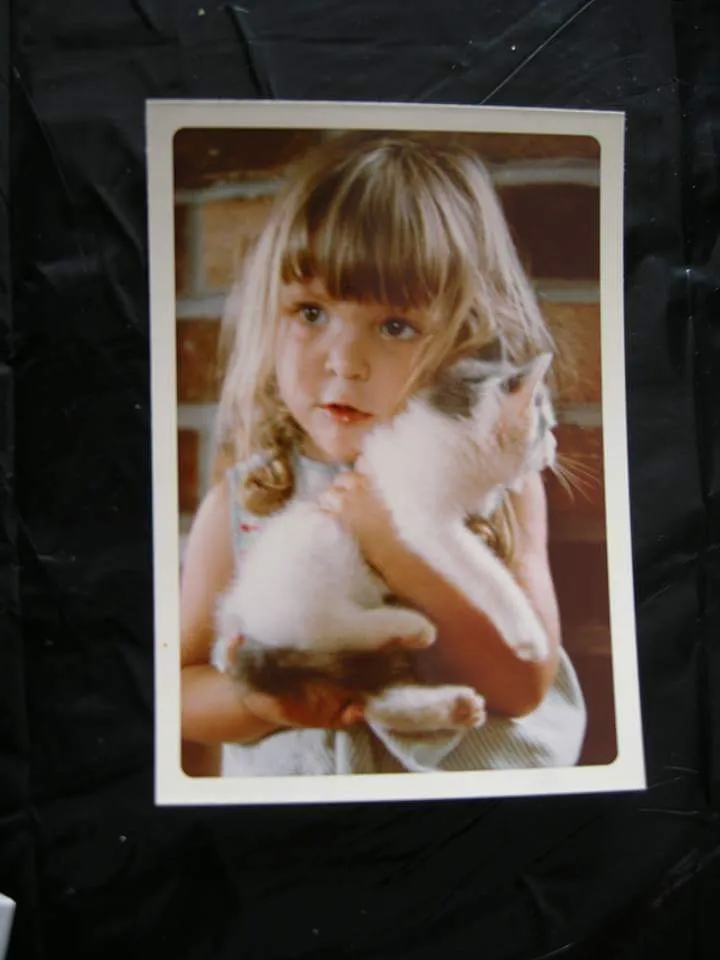Are Walnuts Toxic to Cats? 🐾🥜 • Kritter Kommunity
Today, let’s delve into a question that’s been on my mind as a cat parent: are walnuts safe for our furry buddies? It’s a puzzling topic because, let’s admit it, our whiskered pals tend to investigate everything, including what’s on our plates. So, let’s unravel the truth about walnuts and their potential impact on our beloved feline companions. This post is all about, are walnuts toxic to cats?
Getting to the Bottom of the Walnut Mystery
Walnuts: A Human Snack, But What About Cats?
We often enjoy walnuts as a crunchy snack loaded with nutrients. However, when it comes to our furry friends, things aren’t as straightforward.
Understanding Feline Dietary Sensitivities
Our cats have unique nutritional needs, and some human foods can upset their delicate tummies. What might be safe for us could spell trouble for our purring pals.
The Verdict: Are Walnuts a No-Go for Cats?
In short, yes, walnuts aren’t safe for cats. They contain a toxin called juglone that can cause digestive issues, neurological troubles, and even organ damage in our feline friends. They are a no-go for cats.
“Nuts, including almonds, pecans, and walnuts, contain high amounts of oils and fats. The fats can cause vomiting and diarrhea, and potentially pancreatitis in pets.” –ASPCA
| Nut Type | NO (Harmful) | YES (Safe) | IN MODERATION |
|---|---|---|---|
| Almonds | ✔️ | ||
| Walnuts | ✔️ | ||
| Pecans | ✔️ | ||
| Cashews | ✔️ | ||
| Pistachios | ✔️ | ||
| Hazelnuts | ✔️ | ||
| Macadamia | ✔️ | ||
| Peanuts | ✔️ | ||
| Brazil Nuts | ✔️ | ||
| Chestnuts | ✔️ | ||
| Pine Nuts | ✔️ | ||
| Sunflower Seeds | ✔️ | ||
| Pumpkin Seeds | ✔️ | ||
| Sesame Seeds | ✔️ |
Please note that the table indicates nuts that are generally considered harmful to cats (marked as “NO”) due to potential health risks, those that are safe for cats to consume (marked as “YES”), and some that might be given in moderation after consulting with a veterinarian or considering specific cat dietary needs (marked as “IN MODERATION”). However, it’s always best to consult a vet before introducing any new food to your cat’s diet.
Are Walnuts Toxic to Cats? The Risks of Juglone
Juglone, present in various parts of walnuts, poses a potential threat to our cats, even in small quantities. It’s better to play it safe and keep these nuts far away from their curious noses.
In a world of curious cats who roam,
Where walnuts beckon, a danger unknown.
Juglone lurks within their shell,
A peril to felines, a tale to tell.
These nuts, so tempting, a cat may find,
But caution sings, a warning in mind.
For Juglone’s touch, though small, it be,
Can cause distress for cats, you see.
Their noses twitch with curious glee,
But walnuts hold a risk, heed me.
A threat in minuscule amounts,
Better kept away from feline accounts.
To keep them safe, let’s not delay,
From walnut’s grasp, keep cats away.
For in this game of cautious poses,
Protect our furry friends from walnut doses.
Steps to Take If Your Cat Encounters Walnuts
Spotting Warning Signs
If your cat happens to nibble on a walnut, keep an eye out for signs like vomiting, diarrhea, lethargy, or changes in appetite. These could indicate an adverse reaction.
Consulting Your Vet
Should you suspect your cat has ingested walnuts or displays concerning symptoms, don’t delay—get in touch with your vet pronto. They’ll offer the best advice and care for your fluffy companion.
Final Thoughts
So, there you have it! Walnuts and cats don’t mix. While these nuts might be delicious for us, they pose a risk to our precious feline buddies due to the presence of juglone.
Always remember to be mindful of what goes into your cat’s diet. Ensuring they consume foods tailored to their needs is key to their well-being and happiness.
Stay tuned for more tips and insights on keeping our whiskered friends healthy and content! 🐱💕
Disclaimer: This blog post serves for informational purposes only. Always consult a veterinarian for specific advice concerning your cat’s health and dietary needs.
Hope this offers a more personalized take on the walnut-cat scenario, tailored to fellow cat lovers out there!
Absolutely! Here are five FAQs addressing common queries about walnuts and cats:
1. Can cats eat any type of nuts, or are walnuts specifically harmful?
Cats should generally avoid nuts, but walnuts, in particular, contain a toxin called juglone that can be harmful to them. Other nuts might not be as dangerous but are still not recommended due to potential digestive issues.
2. What if my cat accidentally ate a small piece of walnut? Should I be concerned?
Even a small amount of walnut could cause issues for your cat. Keep an eye out for symptoms like vomiting, diarrhea, lethargy, or changes in behavior. If you notice any of these signs, contact your vet immediately.
3. Can I give my cat walnuts in moderation, or are they strictly off-limits?
It’s best to avoid giving walnuts to your cat altogether. Even in moderation, the presence of juglone in walnuts poses risks to their health. Opt for cat-friendly treats recommended by vets.
4. What makes walnuts harmful to cats, and how does it affect them?
Walnuts contain juglone, a toxin that can lead to digestive issues, neurological problems, and potentially even damage to organs in cats. Their sensitive digestive systems make walnuts particularly risky for them.
5. Are there other human foods that might pose similar risks to cats?
Yes, several human foods can be harmful to cats, such as chocolate, onions, garlic, and grapes. It’s crucial to be aware of these foods and keep them out of reach of your feline friends to ensure their safety.
RELATED: Cat-tastic or Catastrophe: Can Cats Eat Almond Milk?
Wrap Up
Let’s wrap up this exploration into the question, are walnuts toxic to cats.
One thing stands crystal clear: Juglone, the compound residing within these nuts, poses a real concern for our curious companions. While it might seem harmless to us, even in small amounts, it can trigger discomfort and health issues in cats.
This post is all about, are walnuts toxic to cats?
Our furry buddies, with their insatiable curiosity, often venture toward what piques their interest. Hence, keeping walnuts at a safe distance from their playful paws is a proactive step toward their well-being.
So, when pondering the safety of walnuts for our whiskered pals, it’s prudent to err on the side of caution. Protecting our feline companions means safeguarding them from potential hazards, even if it means keeping these enticing nuts far away from their curious noses.
Ultimately, as cat parents, our priority is their health and happiness. By being mindful of what they encounter, including the seemingly innocuous walnuts, we ensure a safer and happier environment for our beloved feline companions.
Lisa Illman is the Founder of Kritter Kommunity, LLC. She has a tuxedo adult cat and has had him since he was a baby kitten. Before her cat Finnegan, Lisa had had two FIV-positive cats for over a decade. They inspired Lisa to invent a cat enclosure and a portable catio so they could safely sit outside and enjoy fresh air and sunshine. Lisa had a Poodle and a parakeet growing up. She currently loves to pet-sit for her neighbors’ dogs and cats.






Why is Kritter Kommunity Your Trusted Partner?
Our mission at Kritter Kommunity is to promote happy and healthy lives for pets and their owners. We specialize in Barkitecture and designing tips for pet-friendly homes, utilizing the natural instincts of cats, dogs, and small critters to create a home life that pets and people love. From tips on pet care to reviews on pet toys and furniture, we are a go-to source for all things cats, dogs and small critters. Join us in celebrating the joys of pet ownership and providing the best possible lives for our furry friends.
